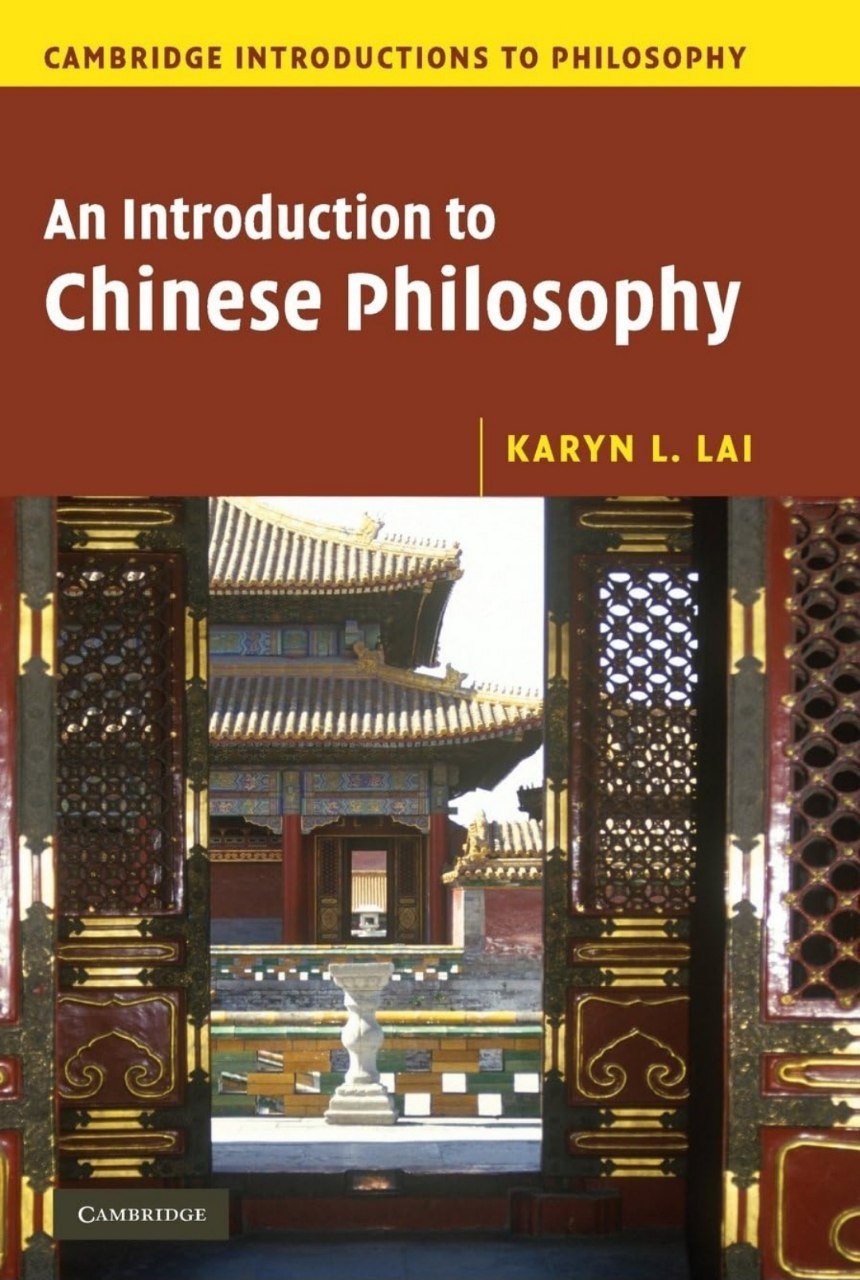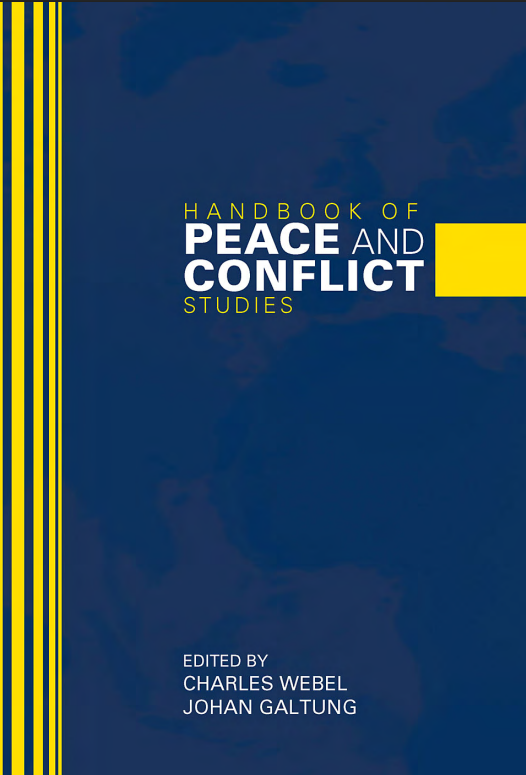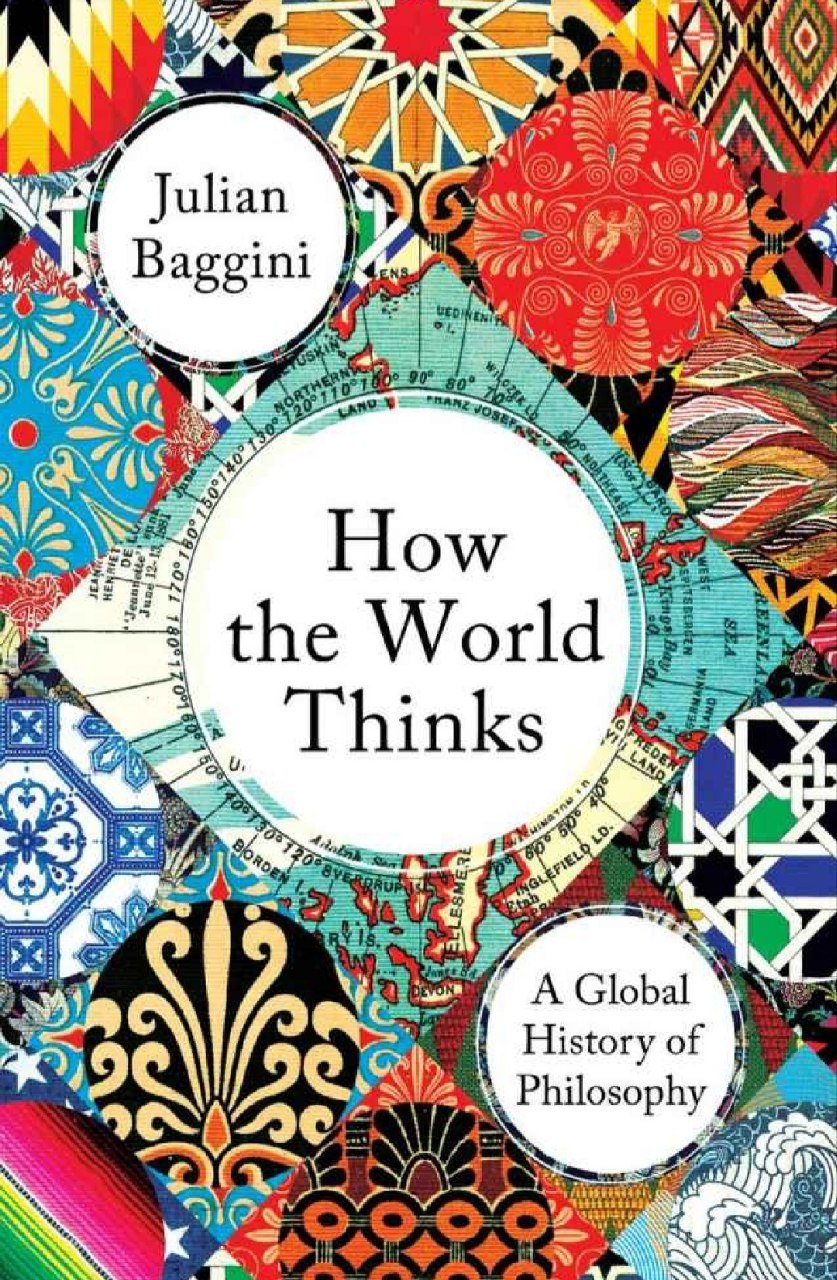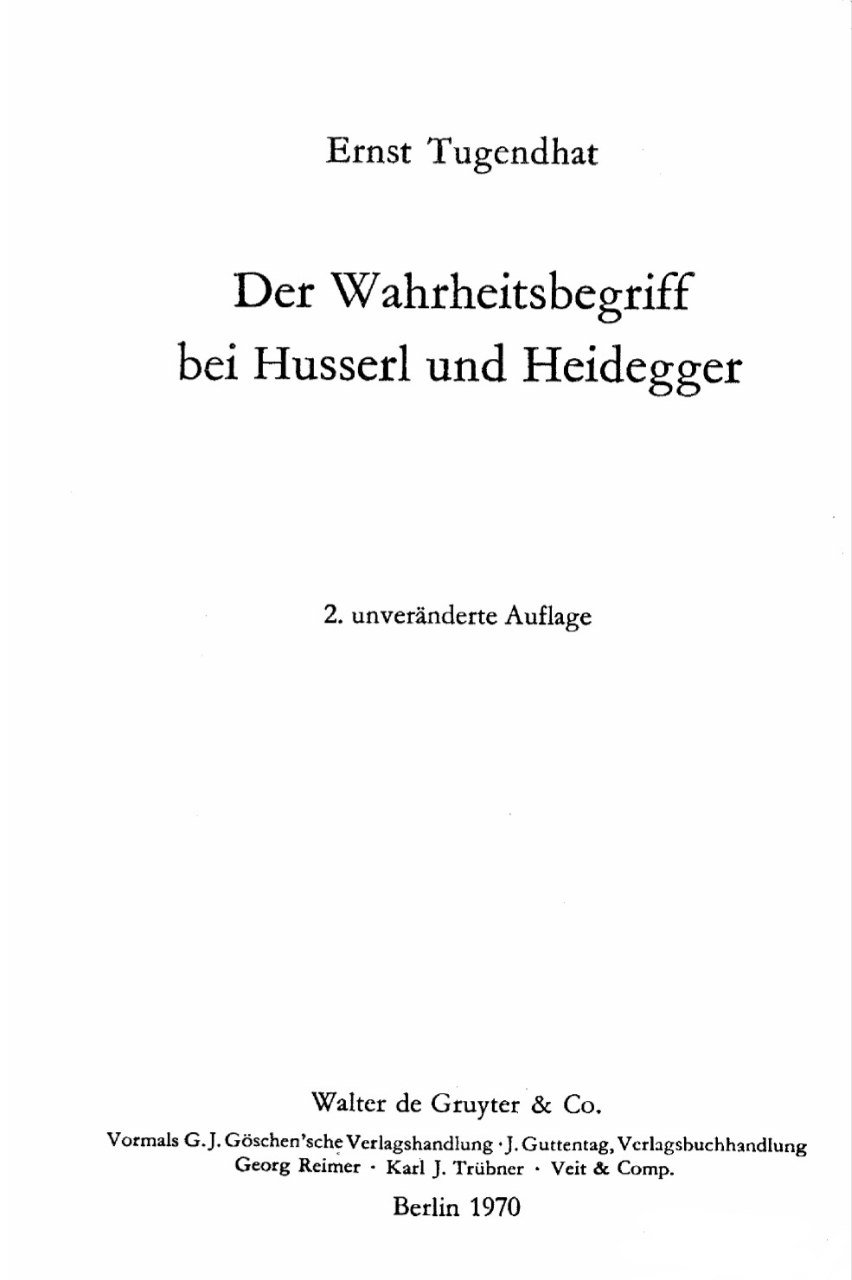

Language after Heidegger by Krzysztof Ziarek
Reviews
No review yet. Be the first to review this book!
Description
"Language after Heidegger" by Krzysztof Ziarek is a profound philosophical exploration of Martin Heidegger’s evolving ideas on language, particularly from his later works in the 1930s and 1940s. Ziarek focuses on Heidegger’s break from the traditional understanding of language as merely a tool for communication or representation. Instead, Heidegger comes to see language as the very event through which Being reveals itself. Ziarek unpacks this complex shift, showing how Heidegger moves away from metaphysical concepts and embraces a more poetic, open, and dynamic sense of language—one that lets things be, rather than controlling or defining them. The book closely examines Heidegger’s unconventional linguistic practices, such as his use of hyphenated words and neologisms, to show how these are not stylistic quirks but philosophical strategies meant to disrupt ordinary thinking and invite a new kind of attentiveness to meaning. Ziarek also emphasizes the importance Heidegger places on poetry, particularly the works of Hölderlin, as a mode of saying that is more attuned to the mystery of Being than traditional philosophical discourse. Ultimately, Ziarek’s book argues that Heidegger’s later thought on language calls for a fundamental transformation in how we think, speak, and relate to the world. It challenges readers to let go of language as domination or control, and instead to approach it as a way of listening, opening, and dwelling. This work is both a rigorous engagement with Heideggerian philosophy and a compelling argument for rethinking the essence and ethics of language itself.






















.jpg)














.jpeg)
.jpg)



.jpg)






.jpeg)



.png)







.jpeg)


.jpeg)


.jpg)




.jpeg)











.jpg)

.jpg)
.jpg)



.jpg)















































